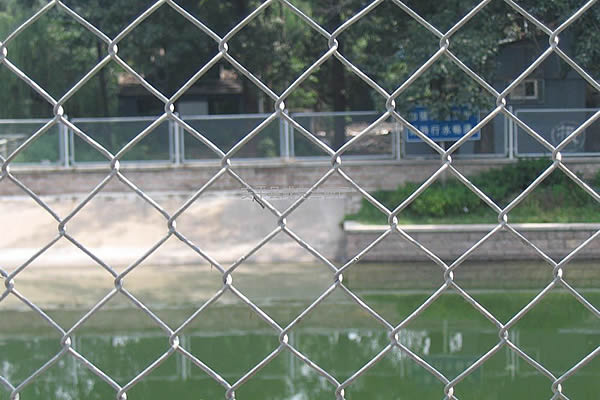 TEL:
+86-13102802206
TEL:
+86-13102802206
 Email:
fencenetting@china.com
Email:
fencenetting@china.com
 Language
Language
 TEL:
+86-13102802206
TEL:
+86-13102802206
 Email:
fencenetting@china.com
Email:
fencenetting@china.com
 Language
Language


Wire Cage Stone Retaining Walls A Robust Solution for Erosion Control
In contemporary landscaping and construction, retaining walls play a crucial role in ensuring stability, managing soil erosion, and enhancing aesthetic appeal. Among the various types of retaining walls, wire cage stone retaining walls, commonly referred to as gabion walls, have gained popularity due to their structural integrity, environmental benefits, and versatility.
Understanding Wire Cage Stone Retaining Walls
Wire cage stone retaining walls consist of a framework made from galvanized or coated wire mesh, which is filled with stones, rocks, or rubble. This design allows the wall to blend seamlessly with the natural environment while providing functional support against soil movement. The wire cages, often called gabions, come in different sizes and shapes, making them adaptable for various landscaping needs.
Advantages of Gabion Walls
1. Erosion Control One of the primary purposes of retaining walls is to prevent soil erosion. Wire cage stone retaining walls effectively anchor soil, especially in areas prone to heavy rain or strong winds. The permeability of the stone infill allows water to flow through, reducing hydrostatic pressure behind the wall and minimizing the risk of damage.
2. Sustainability Gabion walls are an eco-friendly option in construction. They utilize natural stones that are often locally sourced, reducing transportation costs and carbon footprint. Furthermore, over time, plants can grow in the gaps of the stones, promoting biodiversity and providing habitat for wildlife. This living wall approach contrasts sharply with traditional cement retaining walls, which can often be stark and lifeless.

3. Cost-Effectiveness In many cases, wire cage stone retaining walls are less expensive than their concrete counterparts. The materials required are generally easier to procure, and the construction process is relatively simple. This can result in significant savings for homeowners and developers alike.
4. Aesthetic Appeal Wire cage stone retaining walls offer a rustic charm that enhances the visual appeal of landscapes. With various stone types available, from smooth river rocks to rugged boulders, these walls can be customized to fit various architectural styles. This flexibility allows homeowners to create unique designs that complement their outdoor spaces.
5. Durability and Longevity Gabion walls are designed to withstand the test of time. The sturdy wire cages protect the stones from dislodgement while offering resistance against harsh weather conditions. Unlike traditional walls that may crack or degrade over time, gabion walls maintain their structural integrity, requiring minimal maintenance.
Construction Considerations
Building a wire cage stone retaining wall involves careful planning and execution. It’s essential to assess the site conditions, including soil types and drainage patterns, to ensure a successful installation. Proper foundation preparation and correct stacking techniques will enhance stability and effectiveness.
In conclusion, wire cage stone retaining walls present a practical, environmentally friendly, and visually appealing solution for erosion control and soil management. As more homeowners and builders recognize their benefits, these structures are likely to become even more prevalent in landscaping and construction projects, contributing not only to the stability of the land but also to the beauty of the natural environment. Whether used in residential gardens, commercial properties, or public spaces, gabion walls stand as a testament to the effective integration of functionality and aesthetics.